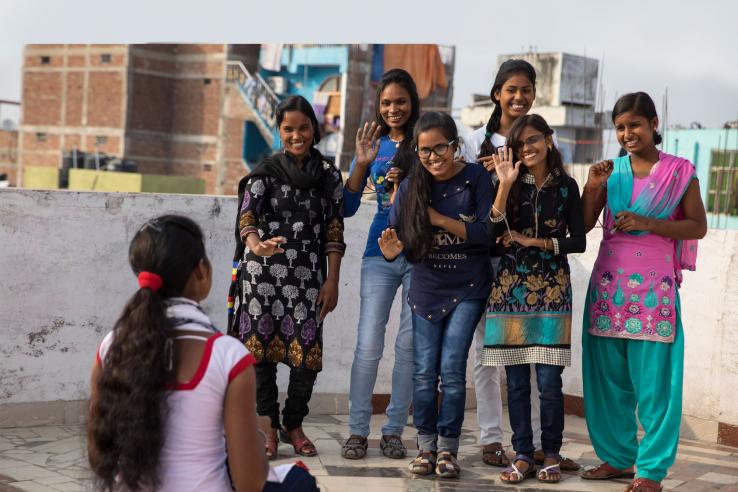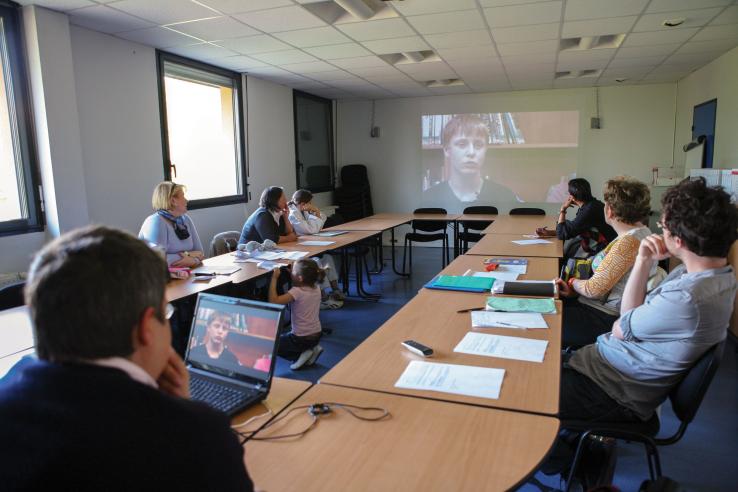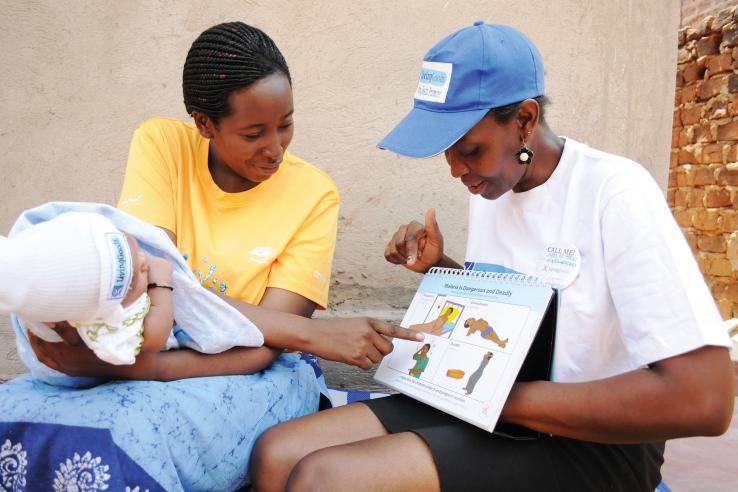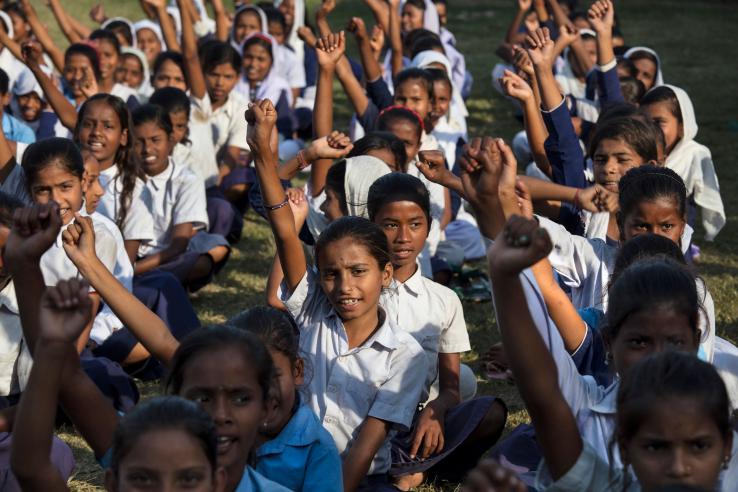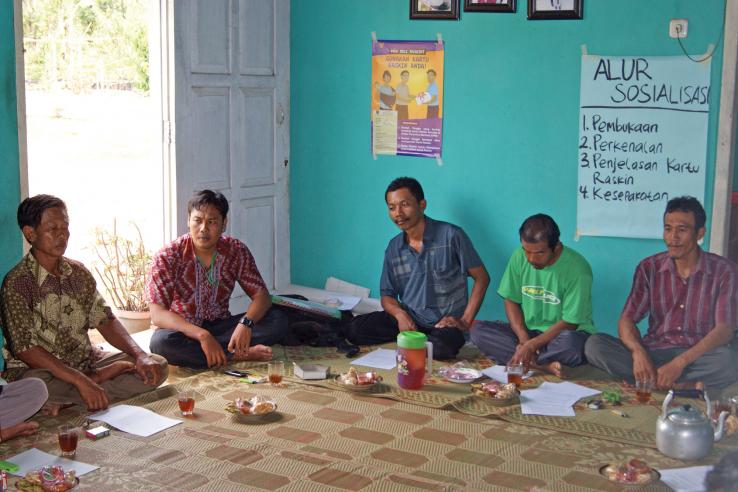Displaying 136 - 150 of 8484
Policy Publication
File: Policy publication
Summer youth employment programs that provided minimum wage summer jobs to mainly disadvantaged youth in New York City and Chicago reduced arrests for violent crimes, incarceration, and premature deaths.
Policy Publication
File: Policy publication
Across a range of programs, interventions that successfully changed the calculus of costs and benefits of unprotected sexual activity and childbirth delayed pregnancy among adolescents. Some programs directly altered costs and benefits while others shifted perceptions of them.
Policy Publication
File: Policy publication
Disadvantaged students who attended France’s first “boarding school of excellence” had large improvements in math scores after two years. Students initially experienced reductions in well-being, but adjusted to their new environment by the second year.
Policy Publication
File: Policy publication
Parent meetings with school principals that provided guidance on selecting academic tracks helped reduce grade repetition and high school dropout among low-achieving students in France.
Policy Publication
File: Policy publication
Offering tutoring and career counseling to high-performing immigrant students closed the educational gap between native-born and immigrant boys in Italy.
Policy Publication
File: Policy publication
In Uganda, an incentivized community health promoter program increased health care access, knowledge, and health-promoting behaviors among households, leading to a 27 percent reduction in child mortality.
Policy Publication
File: Policy publication
A series of interactive classroom discussions about gender equality over two and a half years increased students’ support for gender equality and led students to enact more gender-equitable behavior in the state of Haryana, India.
Policy Publication
File: Policy publication
In Indonesia, sending households official identification cards with information about the benefits they were eligible to receive from a national subsidized rice program led to a 26 percent increase in the benefits that eligible households received and a large reduction in leakage.
Policy Publication
File: Policy publication
Offering small rug producers in Egypt opportunities to export rugs to high-income markets increased firm profits through improvements in firms’ technical knowledge, efficiency, and product quality.
Policy Publication
File: Policy publication
An randomized evaluation found that adding sessions with role models and individualized assistance to intensive training courses for microentrepreneurs increased their household incomes, mainly through improved business practices and performances
Research Paper
File: Research paper
Research Paper
File: Research paper
Research Paper
File: Research paper
Research Paper
File: Research paper
Research Paper
File: Research paper

